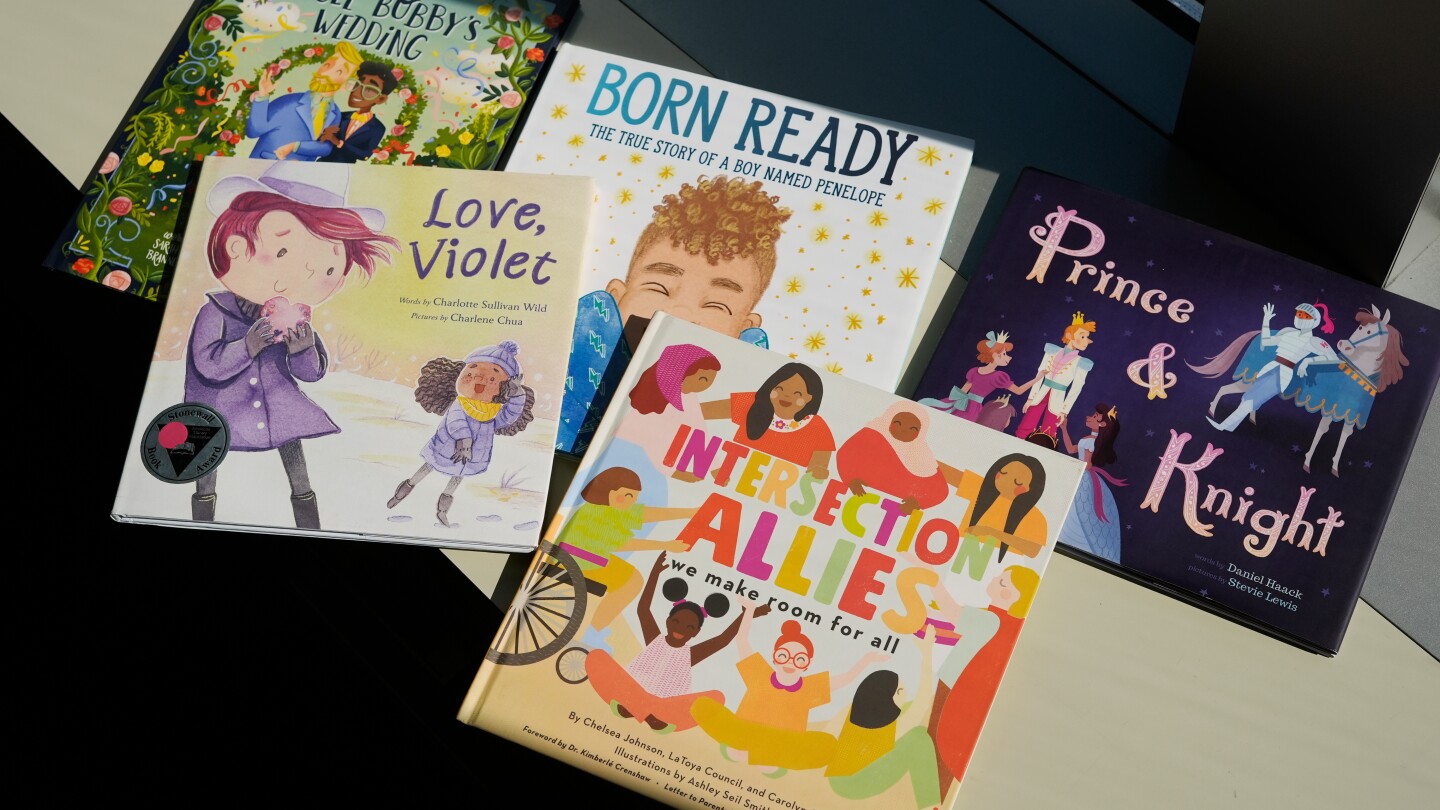Faith, Freedom, and Classroom Shelves: Supreme Court Confronts LGBTQ Book Battle in Maryland

In a landmark case that could reshape educational policies nationwide, the Supreme Court is delving into a complex legal battle over parental rights and LGBTQ representation in elementary school curricula. The case centers on Maryland parents who seek to exempt their children from classroom lessons featuring storybooks with LGBTQ characters, raising critical questions about religious freedom, educational inclusivity, and parental autonomy.
The high-stakes legal dispute challenges the delicate balance between respecting diverse family values and promoting inclusive educational environments. At the heart of the argument is the fundamental tension between parents' religious beliefs and schools' efforts to create welcoming, representative learning spaces for all students.
Supreme Court justices are carefully examining the constitutional implications of allowing parents to opt their children out of lessons that may conflict with their personal or religious convictions. The case highlights the ongoing national dialogue about diversity, representation, and the role of public education in addressing complex social issues.
Legal experts and education advocates are watching closely, recognizing that the Court's decision could set a significant precedent for how schools navigate sensitive cultural and religious differences while maintaining an inclusive educational approach.
As arguments unfold, the case underscores the challenging intersection of personal beliefs, educational policy, and the rights of both parents and students in an increasingly diverse society.
